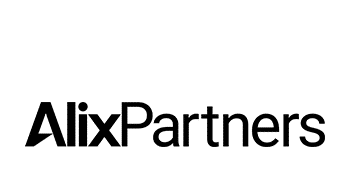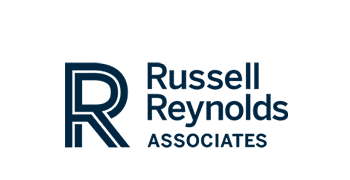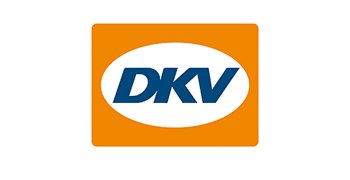The positioning experts
As trusted specialists for brand profile enhancement and positioning, we elaborate what really makes brands and people unique – and then communicate it effectively.
Your solution against interchangeability
Today we are all flooded everywhere and constantly with highly similar, highly comparable messages.
So how do you make your brand stand out – and convince your most important target groups?
Our answer: with clearer messages and a sharper profile that sustainably differentiates your brand from the competition.
Targeted brand positioning that really works
For companies, CEOs, CXOs and smart experts!
What are your benefits of effective positioning? Visibility, opinion leadership, higher ROI of marketing and sales measures as well as reduced costs for client and employee acquisition.
In short: a successful, truly differentiated brand!
How do we help our clients to achieve such a razorsharp brand positioning? With expertise, experience and a proven sharpening approach that quickly leads to more brand strength and performance.
Do benefit from our decades of experience!
Brand impact for your business – we are with you every step of the journey
From strategy to implementation:
Mathony Brand Strategists develops, sharpens and communicates the successful positioning of corporate-, performance- and personal brands.
For your sustainable differentiation we support you with:
Clients like you* achieve results like these with our support:
- Clarity about your brand essence
- Focused marketing- and communications strategies
- Differentiating, more compelling brand messages
- Improved brand strength and impact
- Strong visibility for CEOs, CXOs or experts
- More effective thought leadership
- Greater reach in Tier 1-media of corporate and personal brands
- More leads and wins.
* Mathony Brand Strategists works predominantly – but not exclusively – for clients in the knowledge-driven B2B industry – primarily professional services players such as international management consultancies, big audit firms, law firms and executive search.
Some current and former clients







Proven expertise and passionate commitment you can trust
You have the brand – we bring the brand sharpening expertise.
Our consultancy is based on more than two decades of international experience in strategic communications, B2B marketing, journalism and corporate publishing for world-renowned B2B brands, CEOs, CXOs and thought leaders.
Our brand sharpening approach has already proven its worth in more than 150 projects.
What are your benefits?
In addition to our expertise – especially in all disciplines of Professional Services Marketing, we also bring the necessary change skills to successfully steer your positioning project towards its goal.
Why Mathony Brand Strategists?
Because we bring you quickly to your goal – and this safely! Your strong positioning, credibility and reputation are our greatest concerns.
Our clients appreciate not only the measurable results, but above all the straightforwardness of our consulting approach. This is based on high speed with maximum thoroughness.
This already gives you a competitive edge whilst others are still busy describing their brand essence.
If you would like to know more about the benefits of working with us, please feel free to ask for our reference list. Or perhaps you would like to speak directly with one of our clients?
Start your brand sharpening now!
Quite simply and without any obligation – through a free strategy discussion!
- Book a call with one click only
- Have an expert talk for 30 minutes
- Receive an individual recommendation for your positioning.
Not quite convinced yet? Then subscribe to our #MBS newsletter first!
